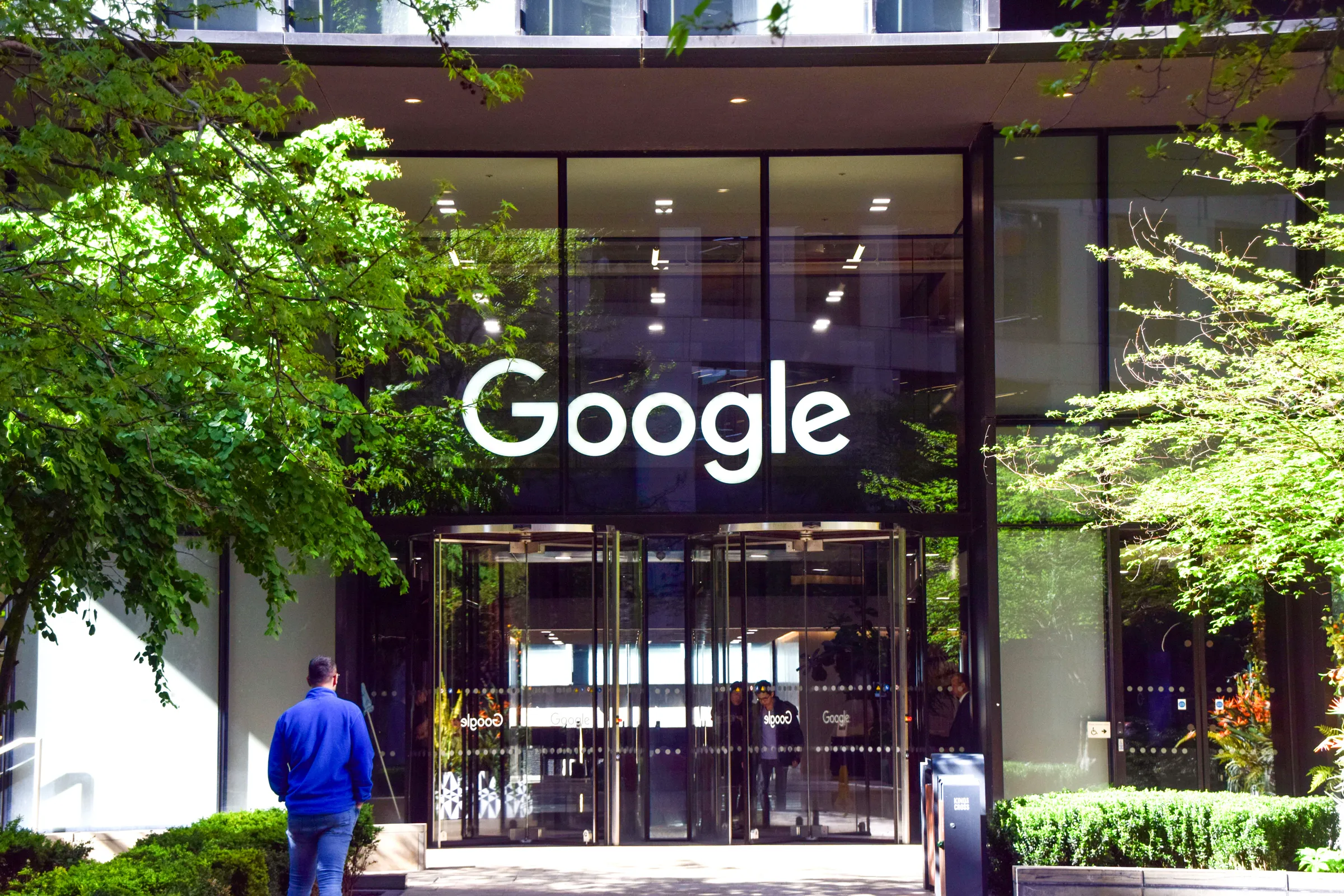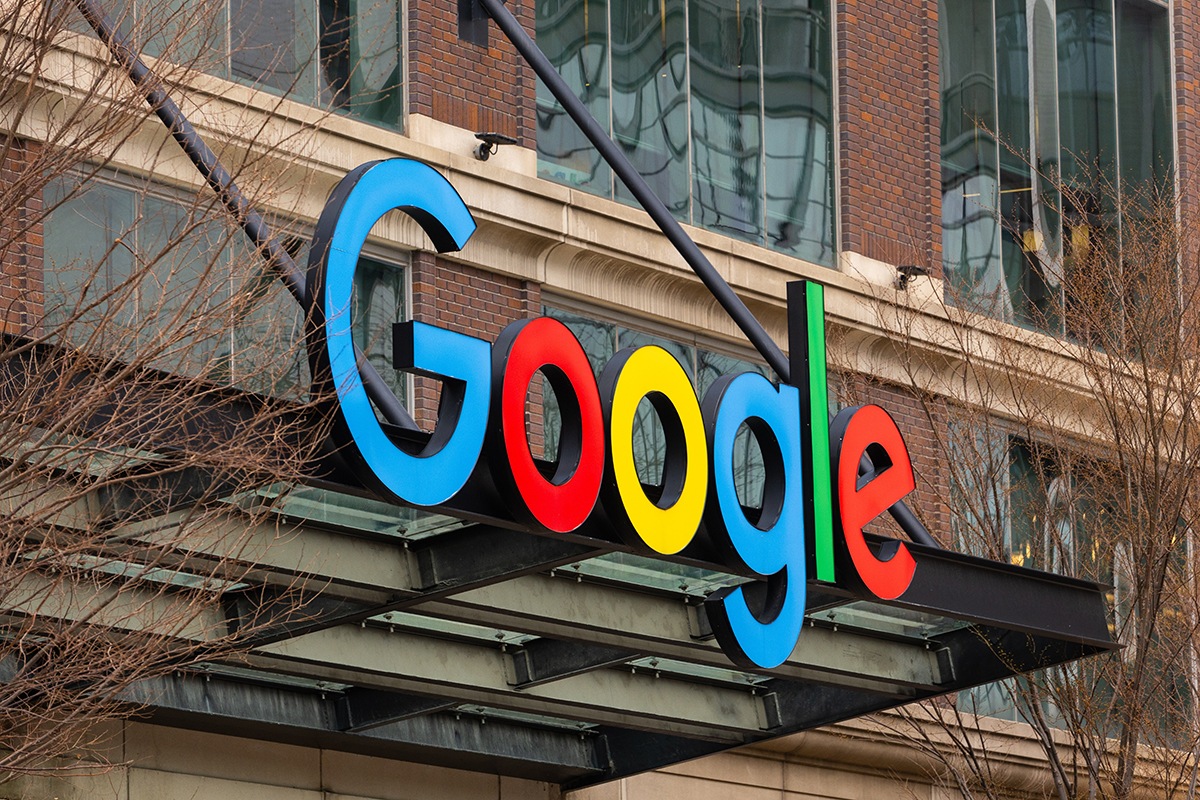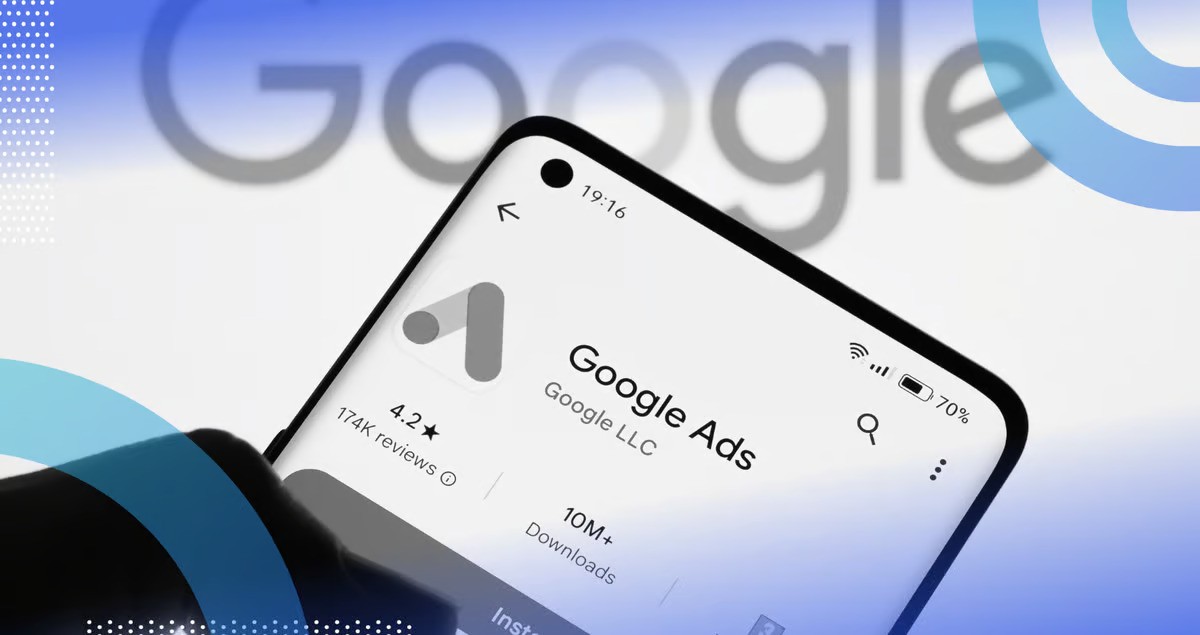A federal judge has ruled that Google holds monopolies in the online publisher ad server and ad exchange markets, marking a significant legal blow to the tech giant. The ruling, issued by U.S. District Court Judge Leonie Brinkema in the Eastern District of Virginia, reveals a troubling pattern of anti-competitive behavior by Google in the digital advertising space.
Google’s Dominance: A Decade of Anti-Competitive Actions

The ruling outlines how, for over a decade, Google strategically tied its publisher ad server and ad exchange together, leveraging contractual policies and technological integration to solidify its dominance. Judge Brinkema’s opinion underscores the company’s efforts to eliminate competition by imposing restrictive policies and eliminating key product features that would benefit its customers. “Google further entrenched its monopoly power by imposing anticompetitive policies on its customers,” she wrote.
The ruling affirms that Google’s actions caused significant harm, not just to its publisher customers, but also to the competitive process and consumers who rely on free access to information across the web. As a result, the court has paved the way for a hearing that will determine the necessary steps to restore competition—potentially forcing Google to divest parts of its business.
Google’s Response: A Mixed Reaction

Google quickly responded to the decision, with Lee-Ann Mulholland, Vice President of Regulatory Affairs, stating that the company “won half of this case” and intends to appeal the decision related to its publisher tools. She emphasized that Google’s ad tech offerings are both affordable and effective, claiming that publishers have a range of options and choose Google for its simplicity. However, the ruling paints a different picture, one where Google’s dominance in ad tech creates an unfair playing field.
A Larger Legal Battle Unfolds
This ruling is part of a larger ongoing effort by the federal government and 17 states to combat Google’s monopolistic practices. In a parallel case, the Justice Department had previously accused Google of leveraging its search engine dominance in violation of antitrust laws. With this recent ruling, the tech company now faces two potential court orders that could force it to divest assets and alter its business practices in a bid to restore competition.
The Government’s Bold Stance Against Google
Attorney General Pamela Bondi heralded the ruling as a “landmark victory” in the fight to prevent Google from monopolizing the digital landscape. Assistant Attorney General Abigail Slater took an even firmer stance, accusing Google of using its monopoly to censor American voices, destroy valuable information, and tighten its grip on the internet.
In a statement, Slater said, “Google’s unlawful dominance allows them to censor and even deplatform American voices. And at the same time, Google destroyed and hid information that exposed its illegal conduct.”
What’s Next for Google?

While the legal process continues, Google faces significant pressure from the Justice Department and lawmakers to reconsider its practices. The decision opens the door for more hearings to determine what steps must be taken to dismantle its monopolistic hold on the ad tech market. A separate trial will soon address the company’s market share in online search, where Google could be forced to sell its Chrome browser and change other key business practices.
This case highlights the growing concerns about big tech companies’ control over public discourse and digital markets, a battle that may reshape the landscape of online advertising for years to come.



